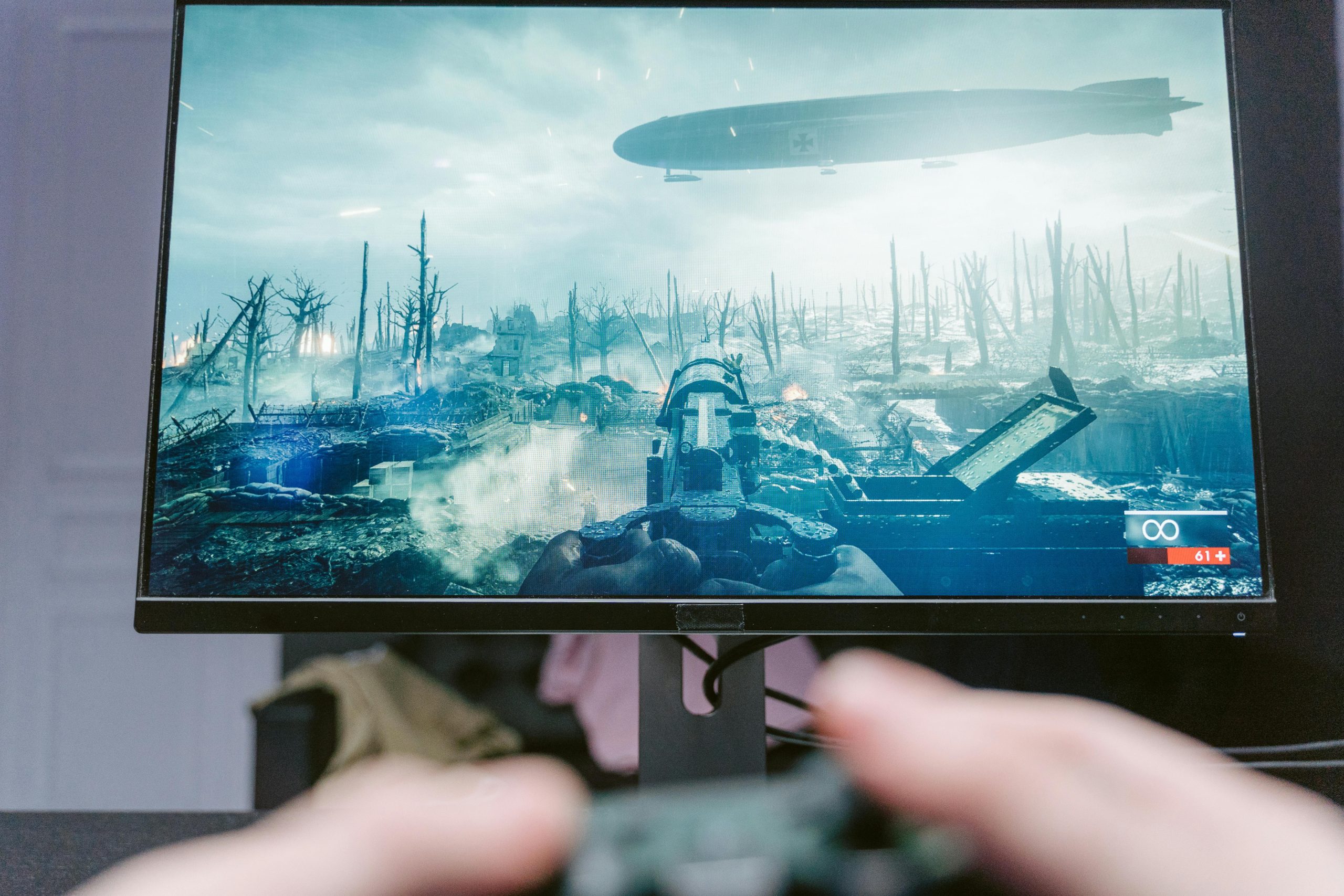Troubleshooting Sudden FPS Drops on Your Laptop: What to Do When Your Device Has Slowed Down
Experiencing a decline in gaming performance can be frustrating, especially when your device previously handled games smoothly. If your laptop, particularly a ThinkPad or similar model, has recently been struggling with low frames per second (FPS) despite having run games effortlessly in the past, it’s worth investigating potential causes and solutions.
Recognizing the Issue
Many users notice that their laptop’s gaming performance has deteriorated over time. Tasks that once ran smoothly—such as playing League of Legends—may now lag or struggle to reach even 20 FPS. Occasionally, you might experience sporadic moments of smoother gameplay, but consistency remains elusive.
Potential Causes for FPS Decrease
Several factors can contribute to sudden or gradual drops in FPS:
- Software Updates or Changes: Recent updates to your operating system, drivers, or the game itself can introduce compatibility issues.
- Background Processes: Unnecessary programs running in the background can consume system resources.
- Thermal Throttling: Overheating components may trigger the CPU or GPU to reduce performance to prevent damage.
- Hardware Aging or Damage: Over time, hardware components can degrade or experience issues affecting performance.
- Malware or Viruses: Malicious software can impede system efficiency.
Step-by-Step Troubleshooting
- Check System Resource Usage
-
Use Task Manager (Windows: Ctrl + Shift + Esc) to identify processes consuming high CPU, memory, or disk usage during gaming sessions.
-
Update Drivers and System Software
- Ensure your graphics drivers are up-to-date. Visit the manufacturer’s website (e.g., Intel, NVIDIA, AMD) for the latest versions.
-
Keep your operating system patched with the latest updates.
-
Optimize Power Settings
-
Set your laptop’s power plan to “High Performance” to maximize hardware capabilities during gaming.
-
Examine Hardware Temperatures
- Use tools like HWMonitor or SpeedFan to monitor CPU and GPU temperatures.
-
If temperatures are excessively high, clean your device’s vents and consider using a cooling pad.
-
Reduce Background Activities
-
Close unnecessary applications and disable startup programs that might interfere with gaming performance.
-
Scan for Malware
-
Run a full system scan with reputable antivirus or anti-malware software.
-
Adjust In-Game Settings
Share this content:



